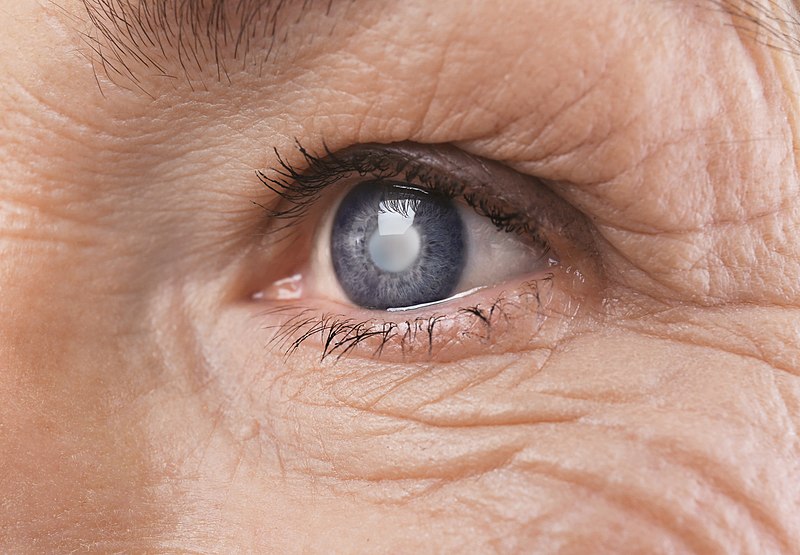Chronic poor sleep and sleep deprivation can have many adverse effects on health. These effects can be physiological, with an increased risk of stroke, heart disease, and high blood pressure. Adverse effects can also be psychological, such as the development of anxiety or depression.
Now, a new study has found that poor quality sleep may be linked to a heightened risk of Glaucoma
Glaucoma is an eye disease that can cause irreversible sight loss by damaging an optic nerve of the eye.
The study was conducted by the UK Biobank, a large-scale biomedical database and research resource that contains health information from UK participants.
The study sheds light on the need for sleep therapy as well as eye checks, specifically for people with chronic sleep disorders to check for early signs of glaucoma.
Glaucoma is a leading cause of blindness affecting millions. Glaucoma is estimated to affect around 112 million people worldwide by 2040.
For the study, researchers drew on 409,053 participants from the UK Biobank. These participants were aged between 40 and 69 in 2006-10 when recruited and had provided details of their sleep behaviors. Sleep duration between 7 to 9 hours/day was considered normal. But, anything outside this range was considered too little or too much.
Researchers observed that the participants who had a healthy sleep pattern, snored, and experienced daytime sleepiness were 10% more likely to have glaucoma, while insomniacs and those with a short/long sleep duration pattern were 13% more likely to have it.







